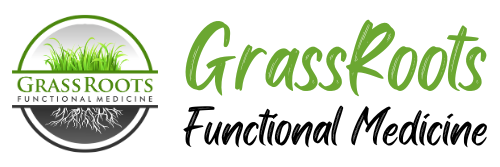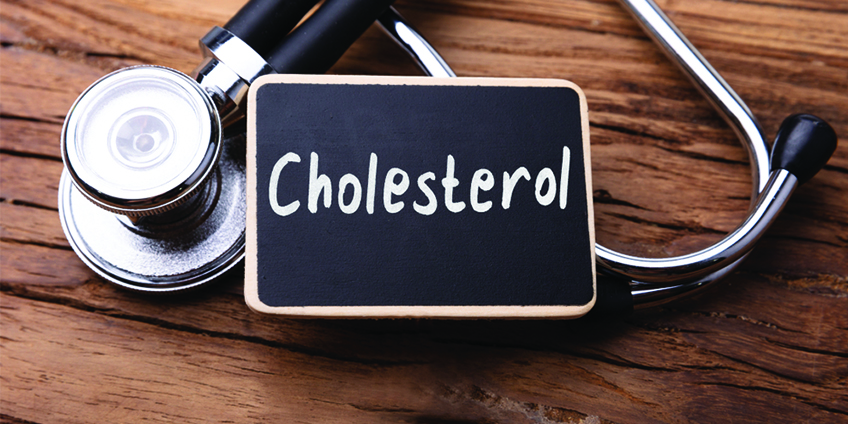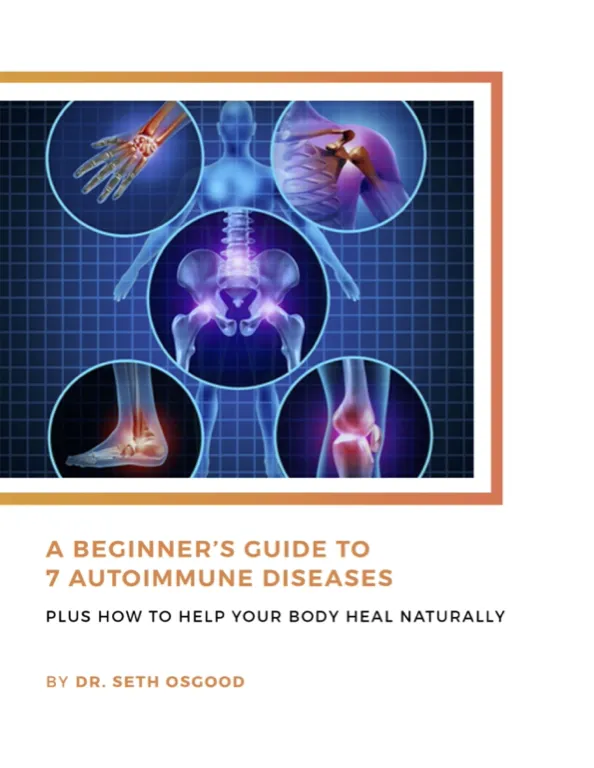Are you worried about heart disease? Has your doctor warned you about your cholesterol levels? Or are you among the 25% of Americans taking cholesterol-lowering medications?
The truth is that we should all be concerned with preventing heart disease because it kills 1 in every 4 Americans.
Conventional medicine shouts that cholesterol is THE major risk factor when it comes to heart disease. They prescribe statins, or cholesterol-lowering medications at the slightest sign of a problem. Yet these medications come with serious risks.
However, conventional medicine overlooks a lot of factors when it comes to cholesterol and assessing your risk for heart disease. Here are four things you need to know.
1. Cholesterol is Not a Black and White Issue
Total cholesterol is a combination of all low density lipoprotein (LDL) particles, referred to as “bad cholesterol”, high density lipoprotein (HDL) particles, referred to “good cholesterol” and a percentage of the total triglycerides, known as “blood fat”.
The problem with this terminology is not all “bad cholesterol” is actually bad and not all “good cholesterol” is necessarily good.
And, it’s important to not only keep your levels of “bad cholesterol” low, but also to have enough of the “good cholesterol.”
In fact, cholesterol plays an important role in your health. It’s used to make hormones like estrogen, progesterone, and testosterone. It’s a building block for all of the cells in your body. Cholesterol also assists in bile production in the liver, which is important for the digestion of fat-soluble foods and vitamins, like vitamins A, E, D, and K.
So as you can imagine, when you artificially lower your cholesterol too much using statins, the effects can not only be uncomfortable, they can be dangerous as well. Memory problems, low libido, digestive dysfunction, fatigue, weakness, and a lot of other miserable symptoms – all from a cholesterol deficit.
2. Oxidation Plays a Major Role
Picture jagged, rusted particles floating around in your blood, bouncing against your artery walls, tearing them up and triggering a cascade of inflammation. That’s the effect oxidative stress has, and it can damage everything from tissue to proteins to DNA and even cholesterol particles.
When LDL is damaged by free radicals, it becomes oxidized LDL and damages your endothelial lining and blood vessels.
When looking at cholesterol markers, oxidized LDL is one of the best ways to measure oxidative damage to your circulatory system, yet conventional doctors often don’t test for it.
3. Size Matters
In addition to the different types of cholesterol particles, there are a variety of different sizes within each type. A standard cholesterol panel measures the total LDL and HDL particles but doesn’t distinguish the size, which is very important when evaluating risk.
When there are more small LDL and VLDL particles, as opposed to the big fluffy particles, the chance for cardiovascular disease is higher.
These small particles have the ability to sneak through cracks in the endothelium, which contributes to plaque buildup in your artery walls. The small LDL particles are also more prone to oxidation which can lead to inflammation and vascular damage.
4. You May Not be Getting the Whole Story
To fully assess your risk, we need to look at the whole picture, on an individual level. Running a simple cholesterol panel is only a small piece of the puzzle, and doesn’t take your personal history or lifestyle into account.
At GrassRoots Functional Medicine we use advanced lipid testing that looks at the type and size of lipoprotein particles, as well as oxidative stress levels, endothelial dysfunction, and inflammation. We also use blood sugar testing as one piece of the puzzle, and a comprehensive nutrition panel, since nutritional deficiencies play a big role in disease development and progression.
It’s time to stop procrastinating! Let me help you achieve the state of wellness you know you deserve. If you continue to wait, the risk for developing disease continues to grow, and that’s just not acceptable.
If you’re ready to take control of your health check out our Adaptation Program and book your free, 10-minute consult to begin your journey.
About the Author: Dr. Seth Osgood is a Doctor of Nursing Practice, Board Certified Family Nurse Practitioner and Institute of Functional Medicine (IFM) Certified Practitioner. Dr. Osgood received his post-graduate training in Functional Medicine through the IFM and from working with Dr. Amy Myers. He has helped people from around the world improve their health utilizing a Functional Medicine approach.






0 Comments